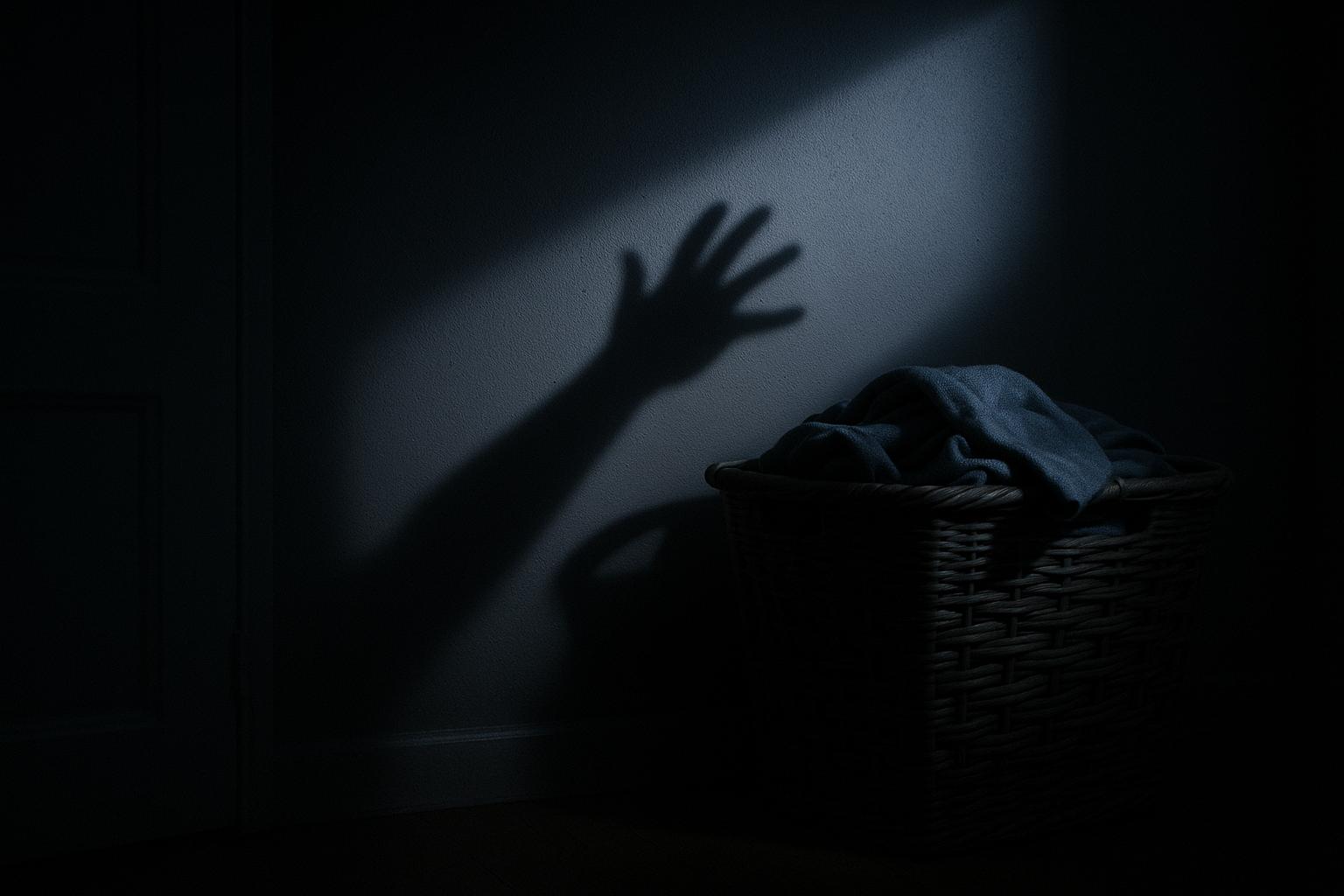A pilot programme introduced in three Dundee primary schools last year aimed to educate children on gender inequality within households, particularly focusing on the sharing of domestic chores. Using a set of playing cards depicting various household tasks such as ironing, bin emptying, cooking, and cleaning, the initiative encouraged pupils to reflect on how these responsibilities are distributed in their own homes. Many children reportedly experienced a moment of realisation, recognising that the majority of these chores were predominantly undertaken by one person, usually their mother. By the end of sessions, attitudes had notably shifted; where initially most children believed it was acceptable for one person to do most of the housework, most came to see such imbalance as unfair. Following the pilot, all three schools have incorporated the "Shares the Chores" toolkit into their curriculum, with funding from several local trusts and public bodies supporting expansion to more schools in the city.
This approach is particularly timely in Dundee, which records the highest rate of domestic abuse incidents in Scotland, with 183 incidents per 10,000 people in 2023-24—substantially higher than other regions. Scottish Government data also reveal that 81% of domestic abuse cases involve female victims and male perpetrators, underscoring the gendered nature of the problem. Educators like Michelle MacLeod, headteacher at Glebelands Primary School, highlight the importance of this work in challenging entrenched mindsets among both parents and pupils to create the conditions necessary for meaningful conversations about gender equality within the home. Sam Gould, founder of Equal at Home, believes that addressing inequality in domestic duties from a young age can have lasting positive effects, reducing the risk of domestic abuse and fostering more equitable relationships in the future.
The gender divide in domestic labour is well-documented globally. A UNICEF report reveals that girls aged 5 to 14 spend 40% more time on unpaid household chores and collecting water or firewood than boys of the same age. This disparity begins early in childhood and intensifies with age, limiting girls’ educational and personal development opportunities and perpetuating cycles of inequality. UNICEF further advocates practical strategies for promoting equity, such as dividing chores equally among children, parents leading by example, protecting children’s free time, and engaging in family discussions about task distribution. These approaches seek to challenge traditional gender roles and foster a more balanced sharing of domestic labour.
Research from Australia complements this understanding by identifying fathers’ participation in housework during their children’s adolescence as a key predictor of children’s gender-role attitudes, as influential as mothers’ paid employment outside the home. Importantly, studies demonstrate that homes where chores are shared more equitably tend to experience significantly lower levels of domestic violence against women and children.
Despite these findings, societal and cultural barriers remain entrenched. The Gender Equity Policy Institute recently reported that women, particularly mothers, consistently spend more time on domestic chores and childcare than men, even in dual-income households or where women are the higher earners. This persistent imbalance across socioeconomic groups underscores the need for broader policy interventions and cultural shifts to support equitable sharing of unpaid labour.
In Dundee, where domestic abuse rates starkly highlight underlying gender inequalities, initiatives like the Shares the Chores programme represent an innovative step towards early education on these issues. By equipping children with the awareness and language to question unfair domestic practices, educators hope to influence the cultural landscape that informs future adult relationships and family dynamics.
📌 Reference Map:
- Paragraph 1 – [1]
- Paragraph 2 – [1], [4]
- Paragraph 3 – [2], [3]
- Paragraph 4 – [1], [2], [4]
- Paragraph 5 – [5], [6], [7]
Source: Noah Wire Services
